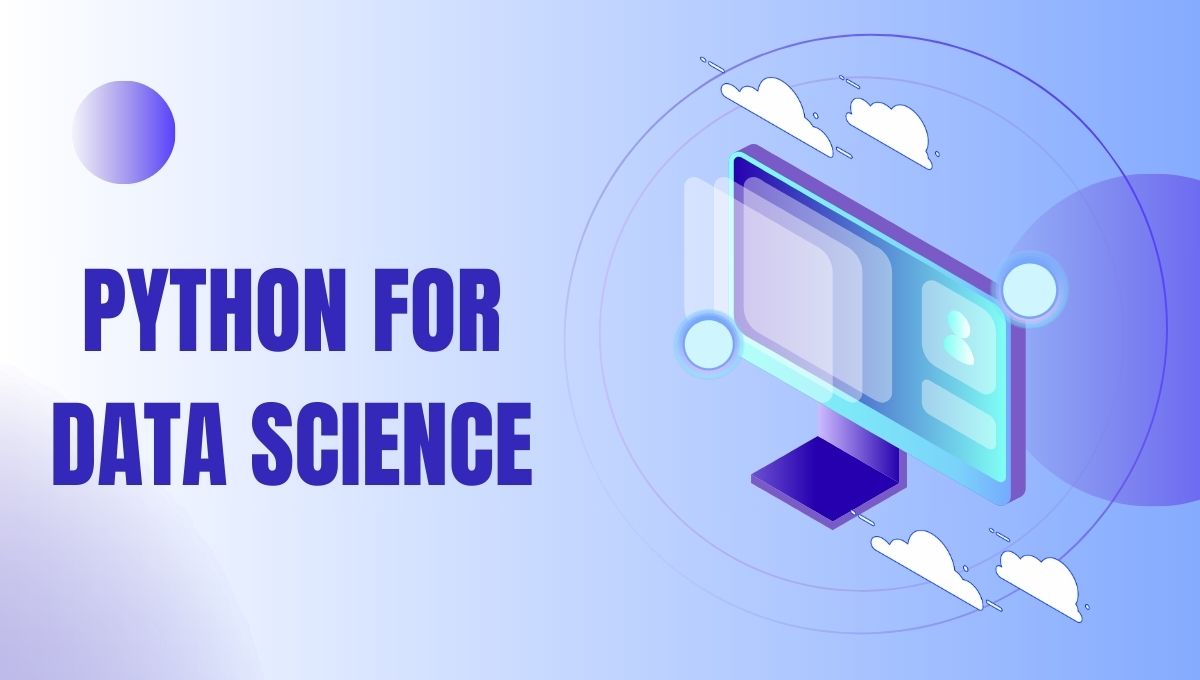Python Power: Transforming Finance with Data
In today’s digital age, data is considered the new gold. And when it comes to the world of finance, harnessing the power of data can make all the difference between success and failure. This is where Python comes in. Python, a versatile and powerful programming language, has been revolutionizing the finance industry by enabling professionals to analyze and interpret vast amounts of data with ease.
Python’s popularity in the finance sector can be attributed to its simplicity, flexibility, and efficiency. Its readability and clean syntax make it easy for finance professionals, regardless of their coding experience, to quickly pick up and start using. With Python, they can easily manipulate data, perform complex calculations, and visualize results, all within a single platform.

Image Source: trullion.com
One of the key ways Python is transforming finance is through data analysis. With Python libraries such as Pandas, NumPy, and Matplotlib, professionals can easily clean, manipulate, and visualize financial data. Whether it’s analyzing stock prices, predicting market trends, or performing risk assessments, Python simplifies the process and allows for more accurate and efficient decision-making.
Furthermore, Python’s integration with other finance-specific tools and platforms, such as Bloomberg, makes it a valuable asset for finance professionals. By leveraging Python’s capabilities, they can automate tasks, generate reports, and streamline workflows, ultimately saving time and resources.
Python’s versatility also extends to quantitative finance, where professionals rely on complex mathematical models to make strategic investment decisions. With Python libraries such as SciPy and QuantLib, analysts can easily implement and test these models, ensuring they are accurate and reliable.

Image Source:
In addition to data analysis and quantitative finance, Python is also transforming risk management in the finance industry. By utilizing libraries such as SciKit-Learn and TensorFlow, professionals can develop machine learning models to assess and mitigate risks more effectively. These models can analyze historical data, identify patterns, and predict potential risks, enabling financial institutions to make informed decisions to protect their investments.
Another area where Python is making a significant impact is in algorithmic trading. With Python libraries like PyAlgoTrade and backtrader, traders can develop and backtest trading strategies, automate trades, and optimize their portfolio performance. This automation not only reduces human error but also allows for faster execution and more profitable trades.
Overall, mastering Python in finance is no longer just a valuable skill – it’s a necessity for success in today’s competitive industry. By harnessing the power of Python, finance professionals can unlock new opportunities, streamline processes, and make more informed decisions based on data-driven insights.

Image Source: imarticus.org
So, whether you’re a financial analyst, risk manager, trader, or investor, learning Python is the key to transforming your career and achieving success in the ever-evolving world of finance. Embrace Python’s power, and watch as it helps you conquer the challenges and seize the opportunities that lie ahead.
Unlocking Success: Master Python in Finance Today
Python has become an essential tool for professionals in the finance industry, offering a wide range of capabilities that can streamline processes, improve efficiency, and drive better decision-making. In today’s fast-paced and data-driven world, mastering Python in finance is a must-have skill for success.
One of the key reasons why Python is so powerful in finance is its versatility. Whether you are working in investment banking, asset management, risk management, or any other area of finance, Python can be used to analyze data, build models, automate tasks, and much more. Its simplicity and readability make it accessible to both beginners and experienced programmers, allowing anyone to quickly learn and start using Python effectively.

Image Source: medium.com
Python’s extensive library of packages and tools also make it an ideal choice for finance professionals. From data manipulation and visualization with libraries like Pandas and Matplotlib, to quantitative analysis and financial modeling with libraries like NumPy and SciPy, Python provides all the necessary resources to work with financial data and solve complex problems. Additionally, Python’s integration with popular data sources and APIs, such as Bloomberg and Quandl, enables finance professionals to easily access and analyze real-time market data.
Another key advantage of mastering Python in finance is its ability to automate repetitive tasks and workflows. By writing scripts and programs in Python, finance professionals can save time and reduce the risk of errors associated with manual processes. This automation not only improves efficiency but also allows professionals to focus on higher-value tasks, such as analyzing results, making informed decisions, and developing innovative strategies.
Furthermore, Python’s robust support for machine learning and artificial intelligence makes it an invaluable tool for predictive modeling and algorithmic trading in finance. With libraries like TensorFlow, Keras, and Scikit-learn, finance professionals can develop sophisticated models to forecast market trends, identify trading opportunities, and optimize investment strategies. By leveraging the power of Python’s machine learning capabilities, professionals can gain a competitive edge in the fast-paced and dynamic world of finance.

Image Source:
In addition to its technical capabilities, mastering Python in finance can also open up new career opportunities and pathways for professionals. With the increasing demand for data-driven insights and automation in the finance industry, employers are actively seeking candidates with Python skills to fill roles in data analysis, quantitative research, risk management, and other specialized areas. By acquiring proficiency in Python, finance professionals can enhance their marketability, expand their skill set, and advance their career prospects.
Moreover, Python’s open-source nature and active community support provide continuous learning opportunities for finance professionals. With a wealth of online resources, tutorials, forums, and user groups available, professionals can easily access help, guidance, and best practices to further develop their Python skills and stay abreast of the latest trends and advancements in the field.
In conclusion, mastering Python in finance is a must-have skill for success in today’s finance industry. With its versatility, powerful libraries, automation capabilities, and support for machine learning, Python empowers finance professionals to work more efficiently, make data-driven decisions, and drive innovation in their organizations. By mastering Python, finance professionals can unlock a world of opportunities, enhance their career prospects, and stay ahead in an increasingly competitive and dynamic industry.

Image Source: disruptionbanking.com
Python in Finance: Is It a Must-Have Skill?

Image Source:



